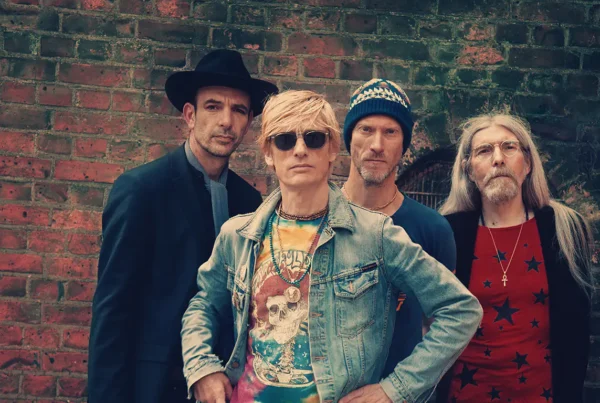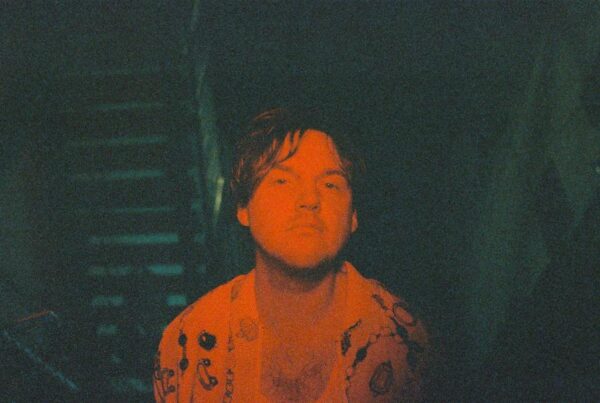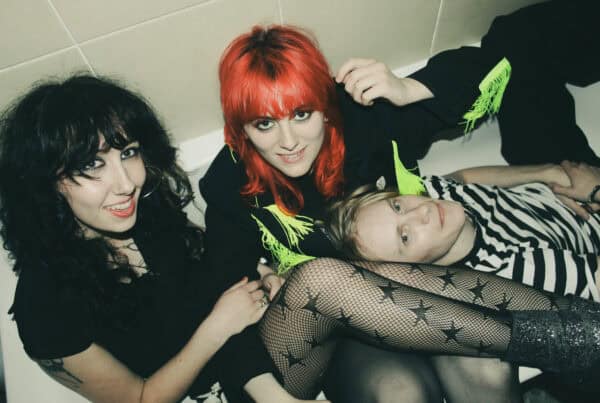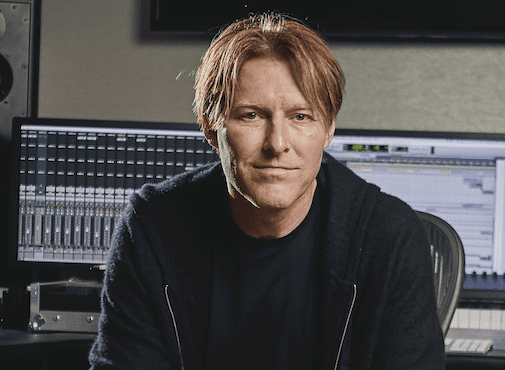For our newest industry spotlight, we spoke to Nicola Wright of Redlight Management, who currently works with bands like The Vaccines, Franz Ferdinand, and Temples. We spoke about her responsibilites, career highlights, and how she got to where she is today.
S] Can you tell us a bit about who you are and what you do on an everyday basis?
N: I’m Nicola and I work for Redlight Management. It’s actually US-based currently. Basically about five years ago myself and my colleagues started the Redlight London office. I was an assistant at that point and now I’m a manager. What that means is I look after every aspect of an artist’s career. That’s everything from their diary to liaising with promoters for their live events. I organise merch, sometimes I’ll do personal things for them if they’re on tour and unable to do things remotely. Other things I get involved is are things like ordering equipment, making sure they have all the gear they need, sometimes I’ll sort out endorsements with various brands like Fender. I develop relationships with clothing brands. Every day is very different.
S] What have some of your career highlights been?
N: I think one of my most recent highlights would be Reading Festival last year. The Vaccines played the main stage in the late afternoon and it was just completely euphoric. The stars aligned. They had a great show, the audience were fantastic, the weather was great. I felt very proud to be part of their world at that moment.
S] What are some of the biggest challenges?
N: Practically it’s things like VISAs. The rules are always changing, and as Brexit hits we don’t know what we’ll be needing with Europe now. It’s very difficult to get US VISAs. Understandably security is an issue. Every year you have to collect different types of evidence to show that you’re a band who can afford to tour in the US. Creatively is one of the difficulties is just balancing the artist’s ideals with the actual industry. Sometimes the band won’t want a certain song to be a single but the label do so it’s our job in the middle to negotiate and make sure our artists are properly represented. It can be a bit of a minefield at times.
S] What kind of key skills do you need?
N: Sense of humour is an aspect, whatever industry you’re in. With management it’s all about communication. Whether that’s sending an email so the band knows what to expect at their next show, or being there when a band member needs to speak to you. Being aware of what’s going on in the industry is a big thing, and being able to explain that to your artists in the best possible way as well as listening to them and making sure they know that you are listening to them. Knowing why things are happening and when they’re happening. That’s perhaps not something you can learn at university, you hone your skills when you’re in the workplace talking to people.
S] What kind of key skills do you look for in interns who come to you looking for experience in the industry, and what would you look for in a band to appeal to you?
N: If I was looking to hire somebody to join our company, a lot of is intuition. Communication, a good personality goes a long way. If you can prove that you are a good communicator, if you have experience in customer service for example that’s proof of dealing with different personalities on a daily basis. I look for good organisational skills so if you’re worked in an office before that’s good. The main thing is initiative. You need someone who is willing to go the extra mile and is a good problem solver. Somebody you know you can hand a task to and they will be able to find a way to get it done. It’s tricker with artists. I’m not actually the one going out and looking for new talent, but when I have been involved in that process I just look for something individual and unique. What their passions are and their goals. It helps from my point of view if they’re clued up on how much work they will have to do within the industry. Whether that’s communicating with me properly or running their social media pages, being on top of things like passports and VISAs. A level of responsibility. Bands these days though are a lot more practical and know that they have to do a lot themselves and can’t expect people to deal with things for them 24/7. It’s their career and they can push it in whatever direction they like and we’re here to support them.
S] Do you have any stories of working with bands like that?
N: Because you work long hours and there’s a lot of people involved, it does feel like a family sometimes. We like to have good times together. This is a good story, The Vaccines did an advert in Spain and we all went out for a few days. We had a day off and we played mini golf, and we had one of the band member’s children with us who was better than the lead singer at mini golf. I had to use my negotiating skills there to make sure he didn’t get too stressed out at being beaten by this kid. There are a lot of perks to those jobs and you put in the hours to deserve those perks.
S] How did you create this path for yourself to get where you are?
N: I’ve always been quite good at studying. I did my GCSEs, I did my A levels, and I didn’t really know what I wanted to do but at university I chose to do a management degree because I thought that would give me lots of options. As part of that course I did a year working in industry, in London. I moved from my hometown to university in Leeds, and then from Leeds to London for that year. I was very lucky to have some friends there already, so when I went back to Leeds to finish my degree I knew that I wanted to settle in London for a while. My great hobby in life has always been music, so I wanted my job to align with my hobby. I came down to London after my degree was finished and I did a lot of work experience for various companies while getting a job in a bar. I made quite a few contacts and they put me forward for a paid internship at Universal. I actually did some maternity cover for colleagues who were pregnant which was just a good look and good timing. I was at Universal for about four years in their international department, working closely with UK artists taking them out to Europe. I was then made redundant but I naturally fell from there into management because I had that experience of working closely with artists.






